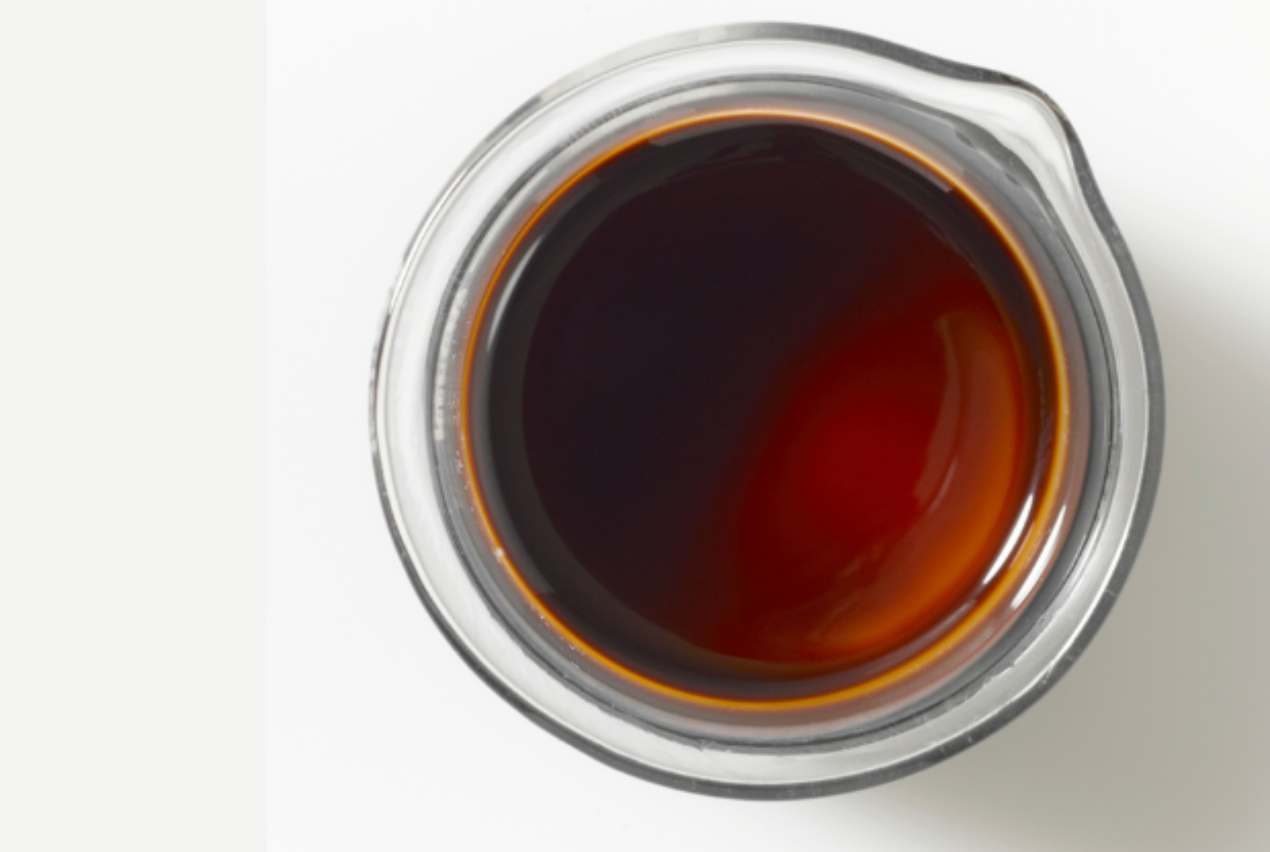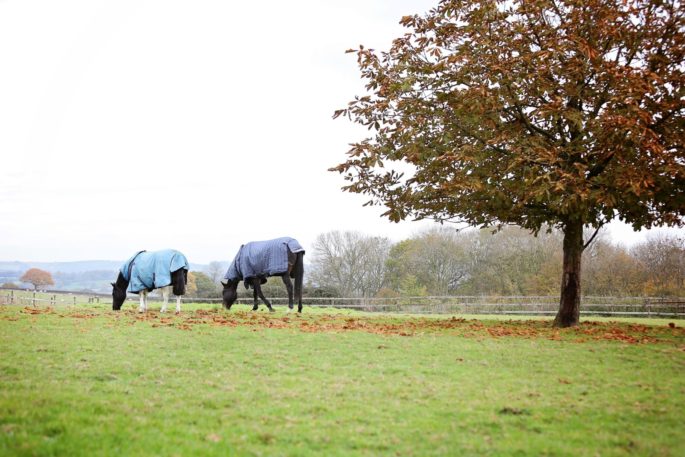Molasses In Horse Feed.
There is huge misunderstanding about feeding ‘sugar’ to horses, with owners often strongly associating molasses for horses with the “sugar is bad for you” message from human nutrition. While some horses of course cannot tolerate high sugar diets, when looking at specific ingredients it is important to also consider the horse’s diet as a whole.

The horses’ natural diet of grass and other herbage often contains up to 20% sugar (on a dry matter basis) and during the spring and autumn flushes horses will consume large amounts whilst grazing, mostly with no harmful effects. In fact, a 500kg horse may consume roughly 10kg dry matter (50kg fresh weight) of grass per day, thereby eating up to 2kg or 2000g (two full bags of sugar) every day! In comparison, molasses roughly contains 40-50% sugar, and is typically added to coarse mixes at 8 -10%.
Molasses is an ingredient traditionally added to chaffs & mixes to reduce dust and to increase palatability. Adding molasses to a feed helps to ensure consistency of the product and helps with vitamin and mineral dispersion. It also helps to reduce fine particles and, of course, is very palatable to horses. In cubes the addition of molasses also acts a natural binder, which reduces the need for chemical binders to be used. Other benefits of the addition of molasses to chaffs and mixes are the natural nutrients contained within, such as potassium, iron, calcium, salt and B vitamins. Sugar is also vital for horses as an energy source and the central nervous system (including the brain) specifically requires glucose for energy.

However, the key point is that the “sugar” from pasture is ingested in small amounts at a time. The problems that arise from oversupply of sugar in concentrate feed tend to occur when the meal size overwhelms the ability of the small intestine to digest the sugar, resulting in undigested sugar entering the large intestine, and causing significant disruption to the delicately balanced microbial fermentation, as well as fluctuations in blood glucose and insulin levels. This poses an increased risk to horses and ponies that suffer from conditions such as laminitis, EMS and Cushing’s Disease etc.
Conclusion : If your horse is requiring a low sugar diet, it is important to look at the total amount in the diet, rather than the presence of a specific ingredient. Diets that are molasses free will not mean that the feed is ‘sugar free,’ and likewise, feeds that contain molasses are not automatically considered high in sugar either.
NEED MORE GUIDANCE?
If you would like any advice for your horse, please feel free to contact our nutritional team on 01622 718487 or fill out our Feed Advice Form.
Feed Advice Form
Complete our online form to receive a detailed nutritional plan for your horse or pony from one of our registered nutritionists.
Download our body condition scoring chart
Quick Feed Finder
Use our quick and easy feed finder as a guide to select the right feed for your horse or pony.












